Apricot : AC™HAROBLUSH Semi-Dwarf (Marianna 26-24) (Orchard Grade)
$49.95
Released in 2000, AC™ Haroblush could be considered a second generation graduate of the Harrow Research Station, as it was created by crossing Harglow and Harcot. This flavourful, attractive apricot is productive and disease resistant just like all of the Harrow series. Medium-sized fruit with glossy, bright red blush over an orange background is an ideal choice for fresh eating or drying. With it's impressive cold-hardiness and ability to handle fluctuating winter temperatures, AC™ Haroblush is definitely one of the best mid-season cultivars for Eastern Canada.
SELF-FERTILE | ZONE 4 | HARVEST : LATE JULY-EARLY AUG
Only logged in customers who have purchased this product may leave a review.
Growing Tips
One of the key factors that determines cold-hardiness for tender fruit trees such as apricots and peaches is how well they harden off in the fall. Any activity that stimulates growth should be avoided after August 1. This includes fertilizing, overly frequent watering and pruning.
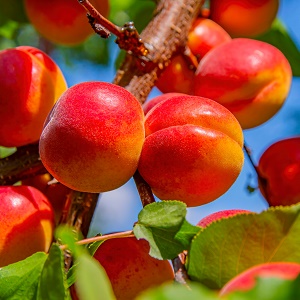
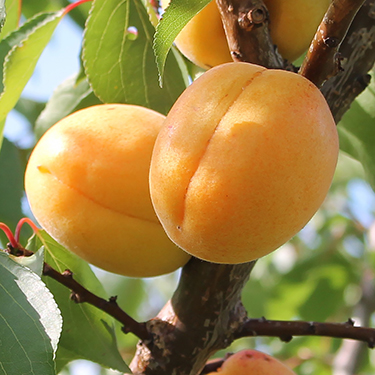
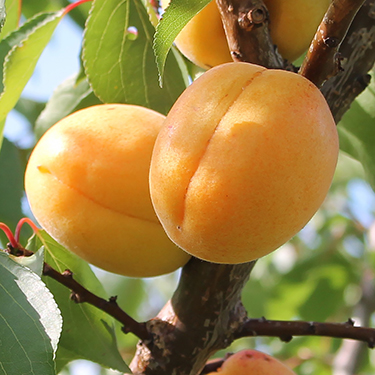
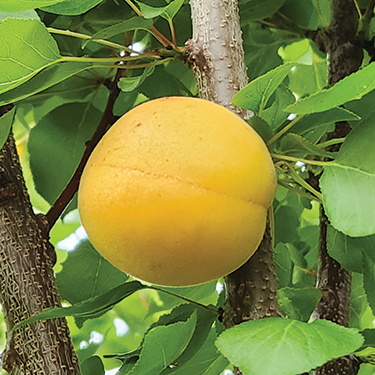
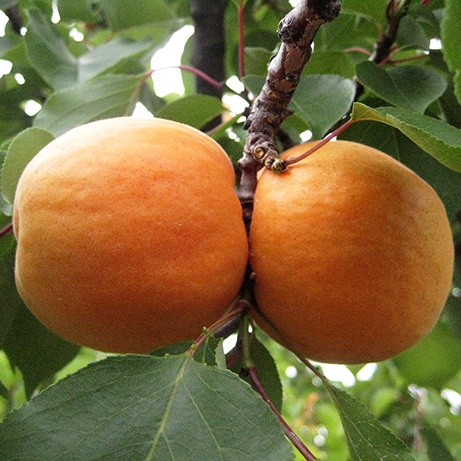
Reviews
There are no reviews yet.